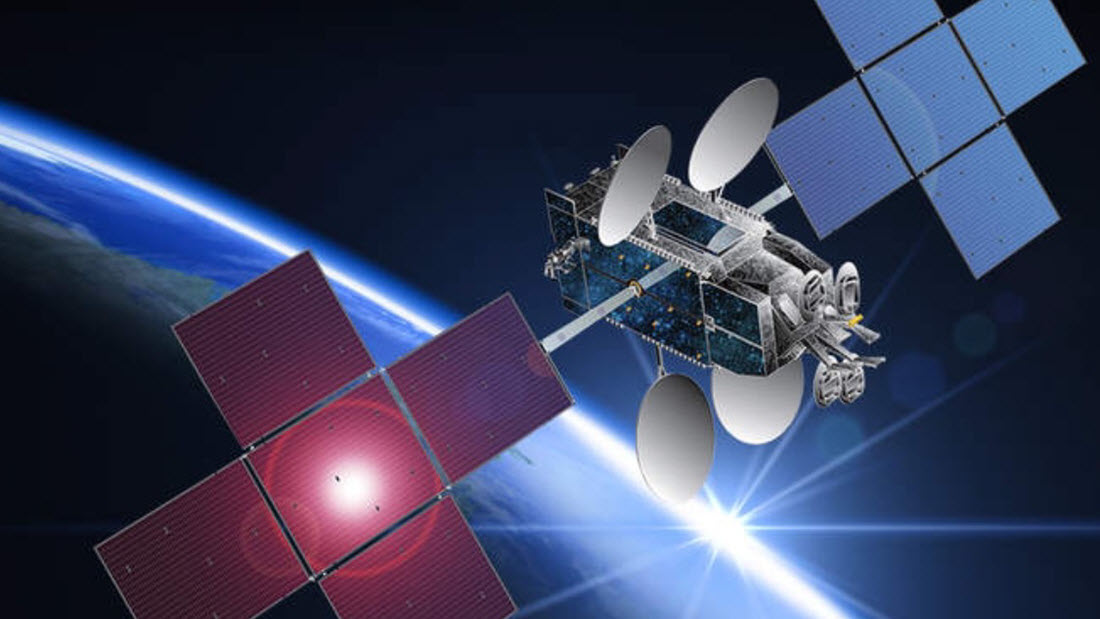FCC Updates Orbital Debris Rules

The smarter way to stay on top of the multichannel video marketplace. Sign up below.
You are now subscribed
Your newsletter sign-up was successful
The FCC has updated its orbital debris rules to help satellite operators do a better job of taking out the space trash, or at least mitigating its impact, literally.
The rules cover all licensed satellite operators in the U.S. and have not been updated since 2004, the FCC pointed out Thursday (April 23) following the approval vote at the FCC's April (virtual) public meeting.
Related: FCC Proposes Streamlining Smallsat Licensing
The update was necessitated, in part, by the FCC approval since that time of constellations--sometimes thousands--of smaller satellites.
"As we enter a new era in which tens of thousands of new satellites could be deployed, space debris is becoming a more serious concern," said FCC chair Ajit Pai Thursday (April 23). "If you want a graphic illustration of the problem, just re-watch the movie Gravity."
The Report and Order (a final action) adopted Thursday (April 23) requires satellite operators to more precisely measure collision risk and post-mission disposal success, and casualty risk by assigning them numerical values.
There are also new disclosure requirements on protecting inhabitable spacecraft as well as on maneuverability of the satellites, any release of "persistent liquids" trackability and more. The time also tweaks the process for seeking extensions of license terms for geostationary orbit satellites--the kind that the FCC is anticipating can start providing competitive broadband service.
The smarter way to stay on top of the multichannel video marketplace. Sign up below.
The FCC also adopted a Further Notice of Proposed Rulemaking (FNPRM) seeking comment on various other issues including collision risk and casualty risk for satellite constellations "on a systemwide basis."
With a perhaps-unfortunate word choice, commissioner Jessica Rosenworcel talked about the "explosion of activity in space, courtesy of so many new constellations and satellite systems."
The FCC vote for the rule update was unanimous, but she only concurred, which is short of an approval.
She said that was because the FCC missed an opportunity to do more. While the FCC teed up tightening the 25-year rule--allowing a satellite and its debris to remain in orbit for a quarter century after its useful life--the FCC did not do so.
She said that meant taking a pass on one of the most important things it could have done, though she conceded, and appreciated, the fact that the item anticipated it could be dealt with in a succeeding rulemaking. She also said the FCC could have done more in terms of "collision risks for large constellations, accidental explosion risk, and maneuverability issues," among the issues teed up in the FNPRM.
"Going forward we need to prepare for the future with more speed and urgency if we want the United States to retain our global authority in space matters," said Rosenworcel.
Contributing editor John Eggerton has been an editor and/or writer on media regulation, legislation and policy for over four decades, including covering the FCC, FTC, Congress, the major media trade associations, and the federal courts. In addition to Multichannel News and Broadcasting + Cable, his work has appeared in Radio World, TV Technology, TV Fax, This Week in Consumer Electronics, Variety and the Encyclopedia Britannica.

